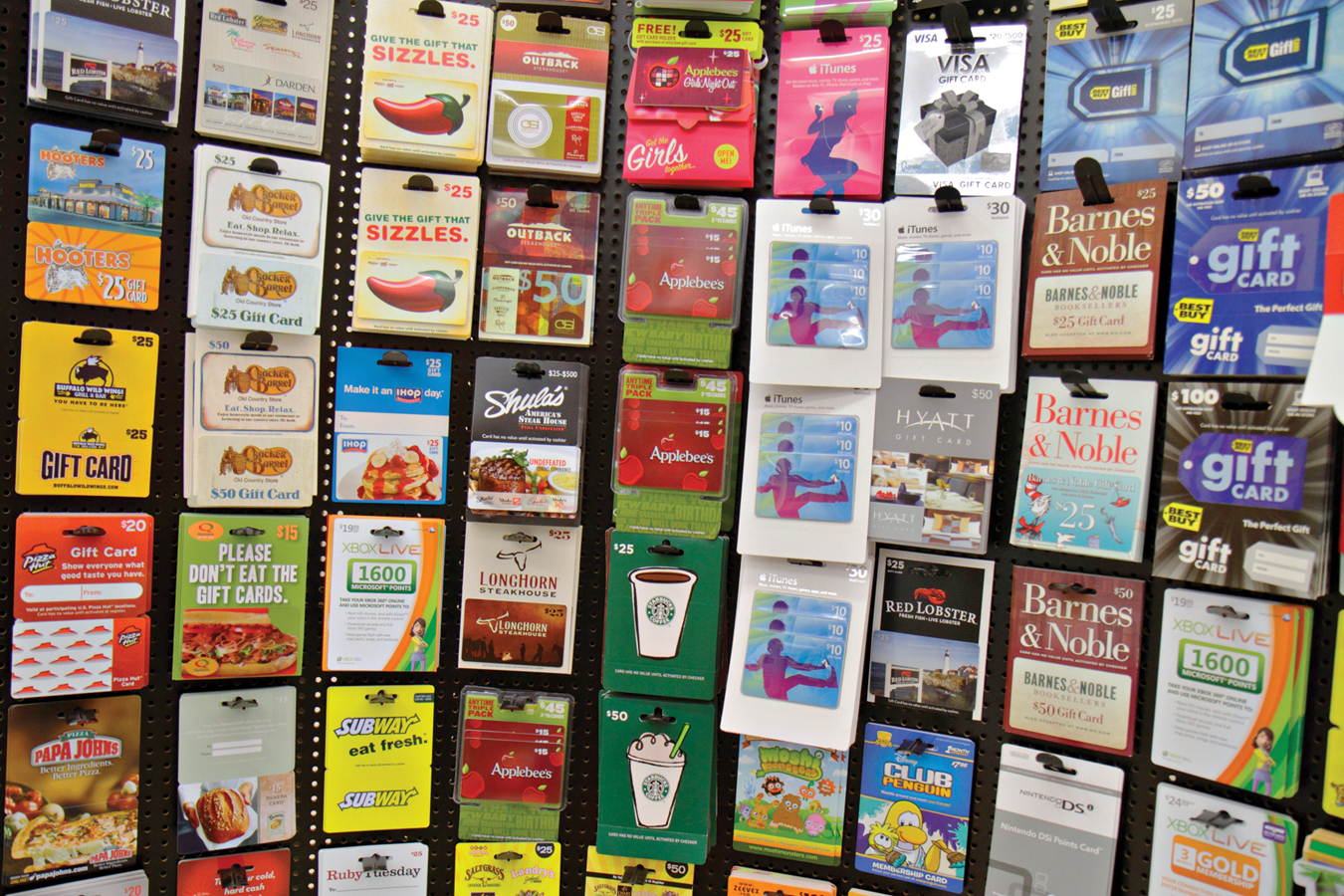The Perfect Gift: Cash or a Gift Card?
Over the past few years, more and more people have been buying gift cards, prepaid plastic cards issued by a retailer that can be redeemed for merchandise.

Several websites are now making a profit from the fact that gift card recipients are often willing to sell their cards at a discount—
Cashcard.com profits by reselling the card for more than what it paid; for example, it buys a Gap card for 70% of its face value and then resells it for 88% of its face value.
Many consumers may be willing to sell at a sizable discount to turn their gift cards into cash, but retailers are eager to promote the use of gift cards over cash. According to GiftCardUSA.com, 5% to 15% of gift cards are never redeemed. Those unredeemed dollars accrue to the retailer, making gift cards a highly profitable line of business. The Tower Group, a financial consulting firm, has estimated that the value of “breakage,” the amount of a gift card that accrues to the retailer rather than to the card holder, amounts to billions of dollars annually.
How does breakage occur? People lose cards. Or they spend only $47 of a $50 gift card, figuring it’s not worth the effort to return to the store to spend that last $3. Also, retailers impose fees on the use of the card or make cards subject to expiration dates, which customers forget about. And if a retailer goes out of business, the value of any outstanding gift cards disappears with it.
In addition to breakage, retailers benefit when customers intent on using up the value of their gift card find that it is too difficult to spend exactly the amount of the card; instead, they spend more than the card’s face value, sometimes even spending more than they would have in the absence of the gift card.
Gift cards are so beneficial to retailers that those which used to reward customer loyalty with rebate checks have largely switched to dispensing gift cards. As one commentator noted in explaining why retailers prefer gift cards to rebate checks, “Nobody neglects to spend cash.”
Questions for Thought
Question
1.Why are gift card owners willing to sell their cards for a cash amount less than their face value?
Question
2.Why do gift cards for retailers like Walmart, Home Depot, and Whole Foods sell for a smaller discount than those for retailers like the Gap and Aeropostale?
Question
3.Use your answer from Question 2 to explain why cash never “sells” at a discount.
Question
4.Explain why retailers prefer to reward loyal customers with gift cards instead of rebate checks.
Question
5.Congress has enacted legislation restricting the ability of retailers to impose fees and expiration dates on their gift cards and mandating greater disclosure of their terms. Why do you think Congress did this?